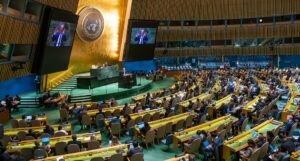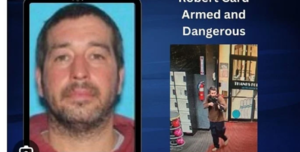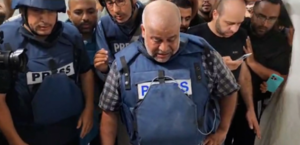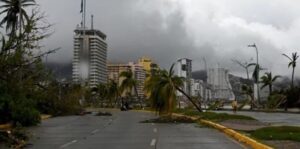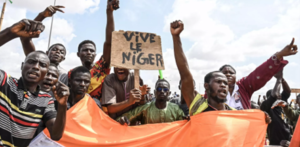
Faced with the alarming figure of 110,745 missing and unlocated people, the Prodh Center has presented a practical guide for the relatives of those who have disappeared. The main objective of this guide is to provide tools and information to assist in the follow-up of ongoing investigations. In parallel, according to the Official Gazette of the Federation, the National Forensic Data Bank has been launched, an entity that, according to the Prodh Center, must be supervised to ensure its proper functioning.
This bank is composed of the gradual interconnection of various databases, registries and systems, including the National Registry of Mass Graves and Clandestine Graves, the Federal Forensic Registry, the National Genetic Information Base, the National Detention Registry, the National Registry of the Crime of Torture, the Criminal Records Registries, the National Nominal Information System (SININ), the Automatic Speaker Identification System (ASIS) and the Fingerprint Identification System (AFIS).
The Prodh Centre, in its work defending human rights, stresses that there is still much to be done and it is necessary to keep a close watch on the functioning of the bank. It also emphasizes the need for all possible efforts to be devoted to reversing the forensic crisis and ensuring that the Attorney General’s Office (FGR) complies with the demand for the identification of bodies.
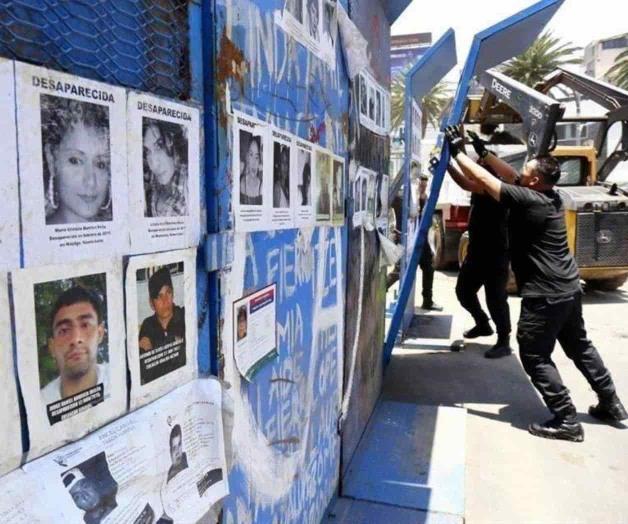
The Prodh Center has made available to families the practical guide for those looking for missing persons. Its objective is to provide them with tools and information that allow them to follow up on ongoing investigations. As an example of the problems they face, Abigail Cruz, daughter of Federico Cruz, who held the position of second secretary of the Supervisory Council in the community of San Miguel Cajonos, Oaxaca, says that her father has been missing for more than five years. On August 7, 2022, the families of disappeared persons and the San Miguel Cajonos collective held a symbolic closure of the Attorney General’s Office, located at Insurgentes 20, demanding a clear definition of the National Forensic Data Bank.
In the absence of a favorable response, on October 22 they held a press conference and presented an amparo that the judge ruled in favor of the creation of the Forensic Bank, granting a period of 40 days for the FGR to comply with said resolution. Despite this victory, Cruz reflects on the long road they have had to travel: “The relatives of disappeared persons can say that this is the result of our struggle, of the efforts of more than 110,745 disappeared.” Although he is happy that it is finally being fulfilled, he acknowledges that the bank cannot be guaranteed to work as it should, as most institutions do not show empathy towards families. “Most have failed us,” Abigail says.
Federico Cruz Morales and Álvaro Bernardo Reyes Cruz, authorities of San Miguel Cajonos, have also been missing for more than five years due to a community conflict and a dispute over the use of natural resources in the area with the neighboring community of San Pedro Cajonos, both located in the Sierra Norte. Both disappeared on December 27, 2017. Abigail Cruz insists the search has been exhausting physically, psychologically and financially. Many families, due to economic problems, abandon the search, since it means going into debt and losing their jobs. However, she stresses that the life of a loved one is priceless.
The families of these disappeared have participated in the work report of the National Search System, held at the National Palace. Until 2021, Oaxaca lacked a search commission; however, in June of that year, Edilberta Cruz Regino was appointed as president of the Commission for the Search of Disappeared Persons, who was sworn in by the local congress. During these years, the relatives of Cruz Morales and Reyes Cruz have gone to several local, federal and international instances, and have participated in working groups during the visit of the United Nations mission on cases of forced disappearance before the recommendation issued by the UN in April 2021. One of the relatives mentions that they only need to take their case to the Inter-American Court of the OAS.




